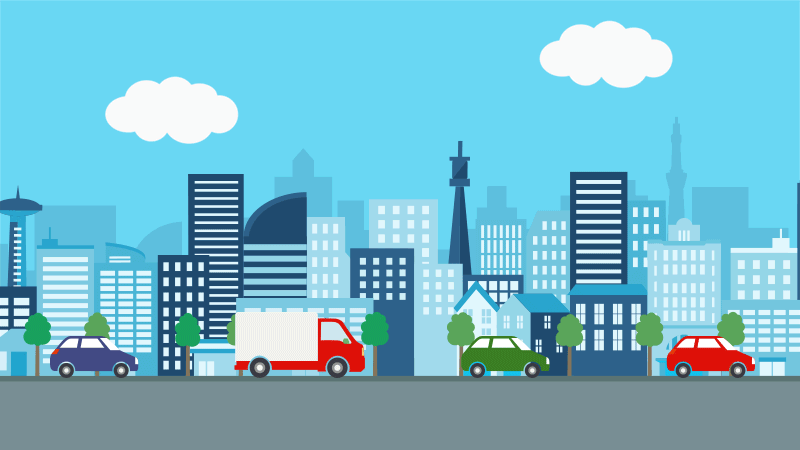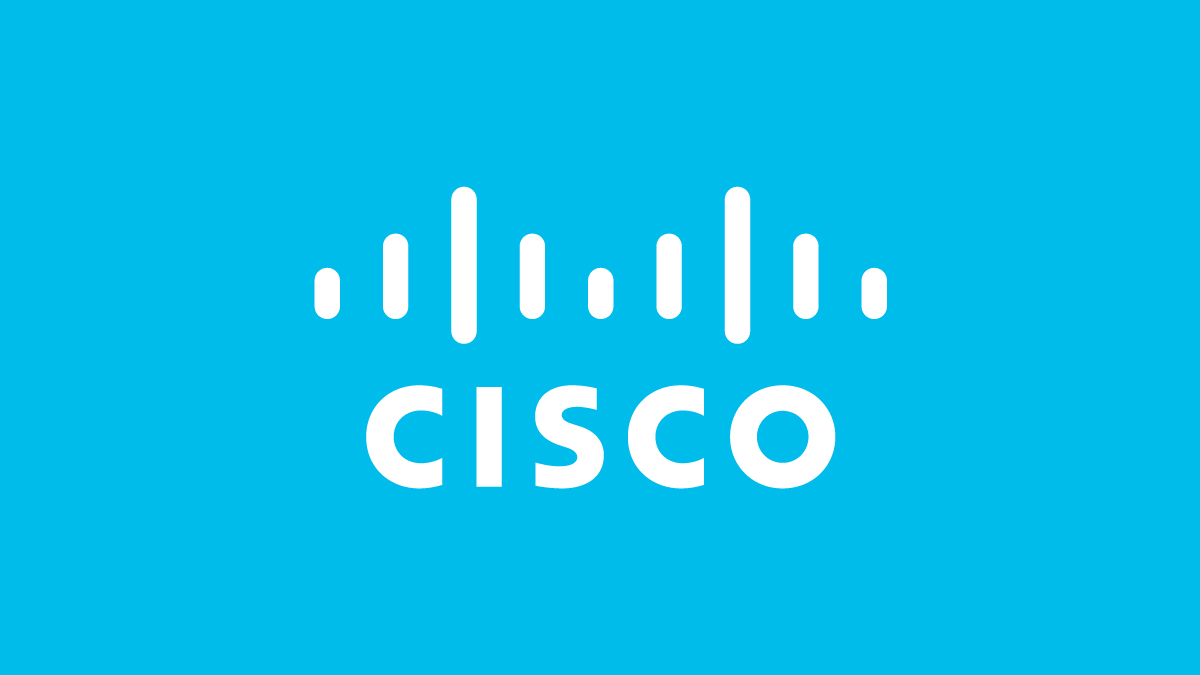Want to improve transport in your city in 2020 but don’t know where to begin? How about taking a leaf out of the book used by the world’s top smart city?
In 2019, Stockholm was crowned the world’s smartest city during the Smart City Expo World Congress in Barcelona, Spain. Stockholm got the award in part thanks to leading a five-year smart city program called GrowSmarter.
The program, across Stockholm, Barcelona, and Cologne in Germany, finished at the end of 2019. It used smart city IT systems and concepts across four projects each in three areas, one of which was making transport greener.
All the projects had a positive impact, says Gustaf Landahl, who led the program. So, if you’re looking at how to have greener transport in your city then here’s what the GrowSmarter playbook says you could do.
Smarten your deliveries
Online shopping is great for shoppers but not so great for traffic. Getting orders delivered often means more vans and lorries on the roads. This leads to more jams, fumes, and noise. The GrowSmarter program looked to tackle this in two ways.
The first was to make it easier for parcels to be dropped off and picked up. In a Stockholm block of flats, the GrowSmarter team created a parcel room tenants could access at any time with a smartphone app, cutting the chances of missing a pickup.
Webcams keep an eye on the space, to deter thieves, and because parcels can be dropped off at any time, the couriers can go by bike rather than van, cutting traffic. In the Stockholm block, 88 percent of users said the parcel room was a good idea.
See more: Fire service uses IoT tech to help extinguish carbon emissions
The second concept, put to the test in Barcelona, was to use bikes instead of cars and vans for last-mile city-center parcel drops. On-bike sensors were used to help map routes and monitor the state of the service.
The scheme helped cut carbon emissions by almost 96 percent, fuel use by nearly 98 percent, and noise by close to 22 percent.
Manage traffic better
Within the GrowSmarter program, cities used sensors to keep track of traffic, give people real-time travel data, and offer public transport options for the daily commute. For instance:
- In Barcelona, a model traffic tool using real-life data was shown to cut delays by 39 percent, traffic density by 28 percent, and carbon by 15 percent.
- In Stockholm, a smartphone app helped people plan journeys and showed electric vehicle (EV) drivers where to find charging points, making transport greener and smarter.
- Also in Stockholm, trucks using clean fuels were given right of way by smart traffic signals, helping to prompt fleet owners to switch to greener fuel sources.
Jennifer Harth, marketing and communications director for the Barcelona-based global IoT player Worldsensing, which was not part of GrowSmarter, says many cities could be set to follow the trail blazed by the program.
“More and more cities are starting to use traffic monitoring systems and are reaping major benefits, such as less pollution and shorter travel times," she says.
Use new fuels
Even in a green city such as Stockholm, says Landahl, “If you look at transport, 70 percent of fuel is still fossil-based.”
Hence, a big part of making cities smarter and greener involves switching transport to EVs or cars and trucks that use other non-fossil sources of power.
See more: Welcome to the latest smart city thinking
The GrowSmarter program was able to cut out 68 tons of carbon a year in Barcelona, and 42 tons a year in Cologne, by putting EV charging points into the cities.
And in Stockholm, there was a 10 percent increase in green-fueled heavy duty trucks after seven biofuel stations were built as part of the program.
Increase transport options
When it comes to getting to and from work, many city dwellers use public transport, says Landahl. Hence, one of the big issues for city transport systems is how to entice people away from the private car when they are moving around for leisure.
To this end, GrowSmarter tested a range of new transport concepts, from EV car-sharing and cargo bike pools to multi-transport hubs and smart taxi stand systems. Expect to see such concepts coming soon to a smart city near you.
See more: Small manufacturers start welcoming robots
Car sharing, for instance, is already on the rise worldwide.
Hubert Grealish, global head of marketing at car-sharing firm Ubeeqo (not part of GrowSmarter program), says: "Car sharing helps make cities greener by giving people a way to have a car or van without having to own it.”
Round-trip services ease the need for parking places, he says. And businesses benefit from easier fleet management. “In places where we have electric vehicles, we're also helping bring lower-carbon mobility to more people, to suit the more sustainable times we live in," he says.
###
The contents or opinions in this feature are independent and may not necessarily represent the views of Cisco. They are offered in an effort to encourage continuing conversations on a broad range of innovative technology subjects. We welcome your comments and engagement.
We welcome the re-use, republication, and distribution of "The Network" content. Please credit us with the following information: Used with the permission of http://thenetwork.cisco.com/.




